As the rapid evolution of quantum computing unfolds, it offers both opportunities and significant challenges, particularly in cybersecurity. Current encryption methods, such as elliptic curve cryptography (ECC) and RSA, which form the backbone of most blockchain systems, are effective against traditional threats. However, emerging quantum algorithms like Shor’s algorithm pose a risk of breaking these cryptographic systems, jeopardizing the integrity of blockchain technology.
To counter these challenges, researchers and technologists are developing quantum-secure blockchain systems that employ post-quantum cryptography. These advancements aim to fortify blockchain networks against future quantum threats while preserving their scalability, efficiency, and decentralized trust.
The Quantum Risk to Blockchain Security
Quantum computing took a significant step forward in 2019 when Google’s Sycamore processor demonstrated quantum supremacy, completing a computation far beyond the reach of classical computers. Although quantum supremacy has not yet reached the level required to break contemporary cryptographic systems, it is a clear signal of the impending vulnerabilities in traditional encryption.
Experts predict that by the end of this decade, quantum computers may be capable of compromising existing encryption techniques. This looming threat could disrupt decentralized finance (DeFi), blockchain-based voting, and national services relying on blockchain for transparency and immutability. As quantum computing approaches this capability, the urgency to transition to quantum-proof solutions is paramount.
Innovations in Quantum-Secure Blockchain
Developing quantum-secure blockchain systems involves integrating advanced cryptographic techniques that can withstand quantum attacks while maintaining blockchain's core principles: decentralization, transparency, and security. Key innovations include:
- Lattice-Based Cryptography
This technique is central to many quantum-secure solutions. It has been incorporated into consensus mechanisms to ensure resilience and speed for high-transaction settings like DeFi. - Hybrid Blockchain Frameworks
These frameworks enable a gradual transition from classical cryptographic methods to quantum-resistant algorithms, such as Kyber and Dilithium, endorsed by the National Institute of Standards and Technology (NIST). - Quantum Key Distribution (QKD)
By integrating QKD with blockchain, organizations can enhance key management, protecting critical data from quantum threats.
These innovations aim to future-proof blockchain systems against quantum risks while enabling their continued operation in a decentralized manner.
Securing Financial Systems with Post-Quantum Cryptography
The financial sector, with its reliance on blockchain for assets and transactions, faces significant risks from quantum computing advancements. While decentralized finance (DeFi) alone accounts for $192 billion in total value locked (TVL), broader estimates suggest that over $1.2 trillion in assets are managed across cryptocurrency markets, tokenized real-world assets, and blockchain networks.
Traditional cryptographic mechanisms securing these assets are becoming vulnerable. To address this, financial institutions are increasingly adopting post-quantum cryptographic structures like lattice-based cryptography and QKD. Future efforts will focus on developing interoperable, quantum-resistant blockchain networks that can seamlessly integrate post-quantum solutions while adhering to regulatory standards.
To prepare for a quantum-secure future, organizations should:
- Implement quantum-safe algorithms like Kyber and Dilithium.
- Transition gradually using hybrid frameworks.
- Leverage QKD for enhanced key management.
Blockchain in Space: A Quantum-Secure Frontier
Blockchain is revolutionizing space exploration, particularly in satellite communications, where decentralized systems ensure transparency and immutability. As satellite networks become more sophisticated, the risk posed by quantum computing grows. Developing quantum-secure protocols for satellite communications is critical to safeguarding data integrity in space.
Innovations such as QKD combined with blockchain technology are paving the way for secure communication across vast distances. The Micius satellite, for example, demonstrated long-distance quantum communication, showcasing the potential of combining blockchain and quantum technologies for secure satellite networks.
In addition to secure communications, quantum sensors are advancing satellite navigation and Earth observation, enabling unprecedented accuracy. These technologies can ensure transparency and operational integrity in future space missions, further strengthening the role of blockchain in decentralized space infrastructure.
The Path to Quantum-Resilient Blockchain
The rise of quantum computing necessitates a reimagining of blockchain systems to address challenges in data privacy and security. Transitioning to quantum-resistant cryptography is more than a theoretical need—it is an urgent priority for maintaining the trust and functionality of decentralized technologies.
Key steps toward quantum resilience include:
- Upgrading blockchain systems with quantum-safe algorithms.
- Implementing hybrid solutions to ensure gradual adaptation.
- Strengthening regulatory frameworks to harmonize global security standards.
Conclusion: Building Trust in a Quantum Era
As quantum computing redefines the boundaries of technology, blockchain must evolve to remain secure and effective. Quantum-secure solutions are essential for preserving trust, transparency, and efficiency in decentralized systems. By adopting post-quantum cryptography, hybrid frameworks, and QKD, blockchain technology can navigate the challenges of the quantum era.
These advancements are critical not only for securing today’s digital economy but also for fostering innovation in emerging fields like space exploration. By staying ahead of quantum threats, blockchain can continue to drive progress, ensuring a resilient and secure future for decentralized technologies.


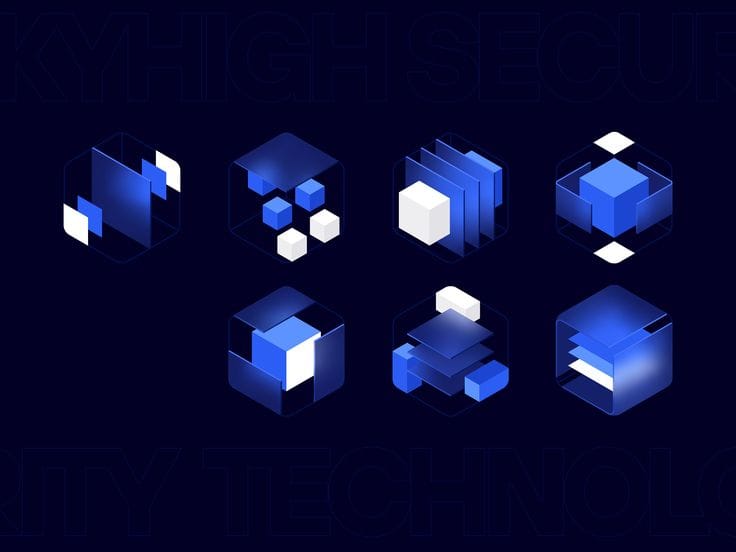
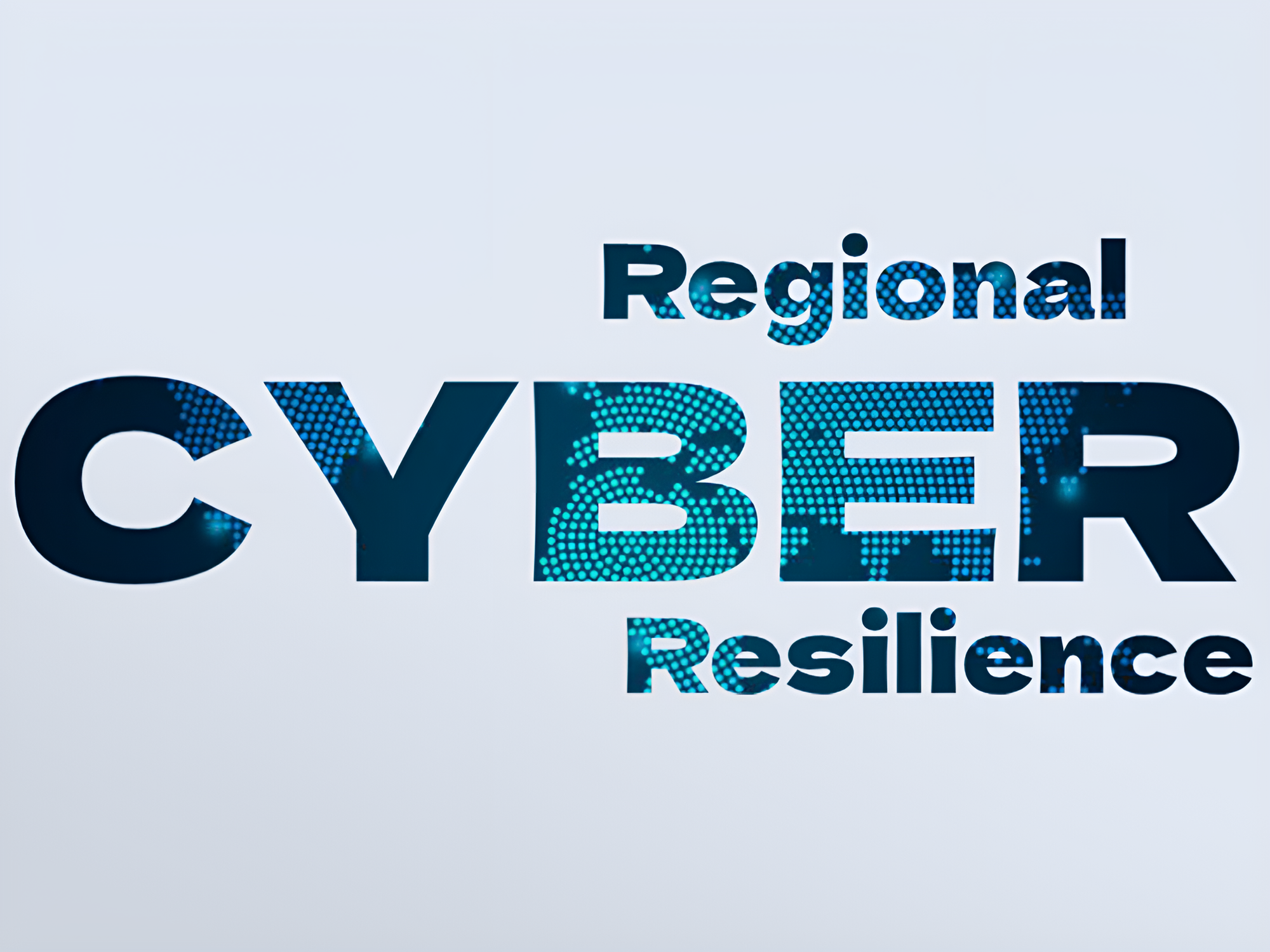
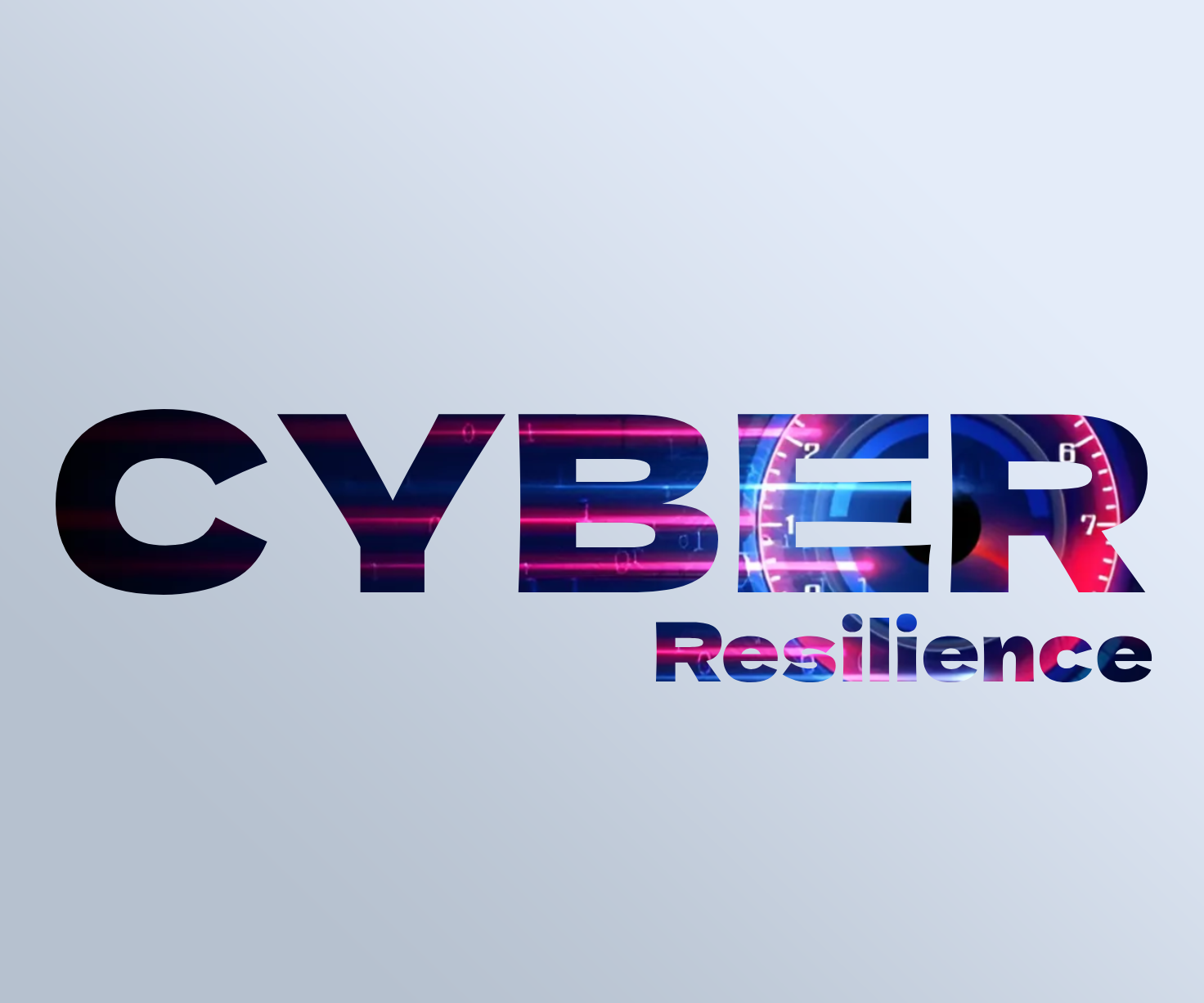



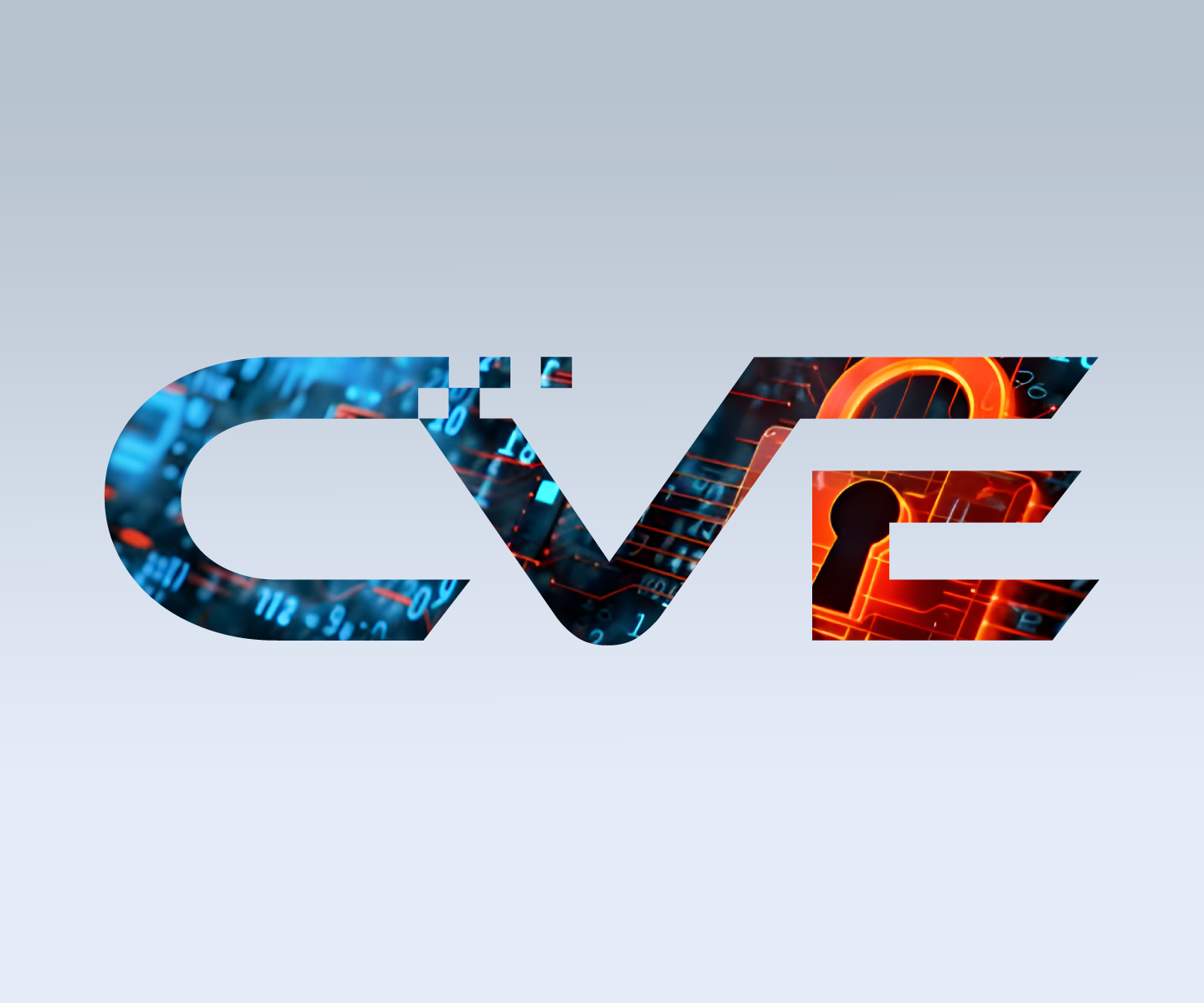

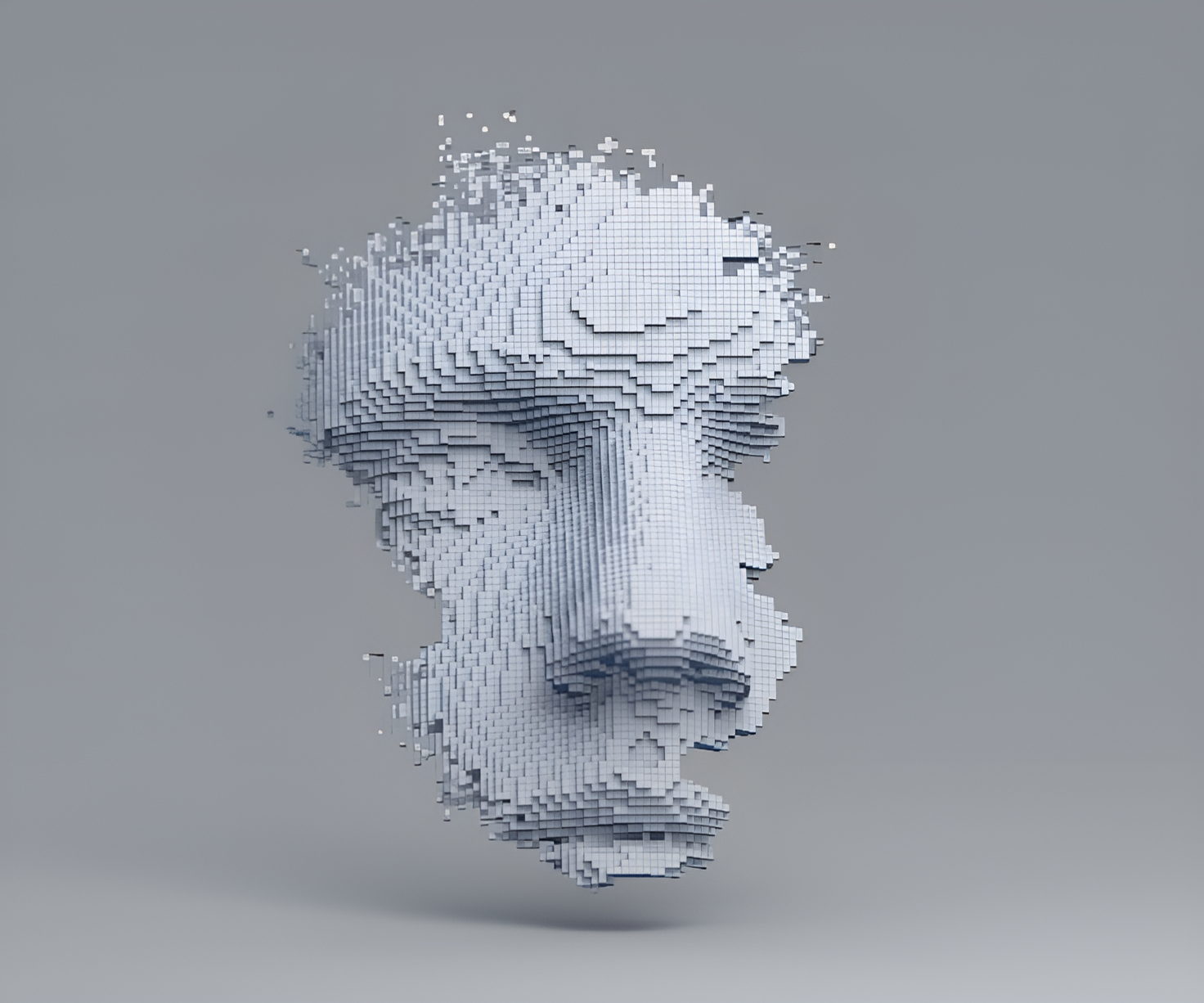







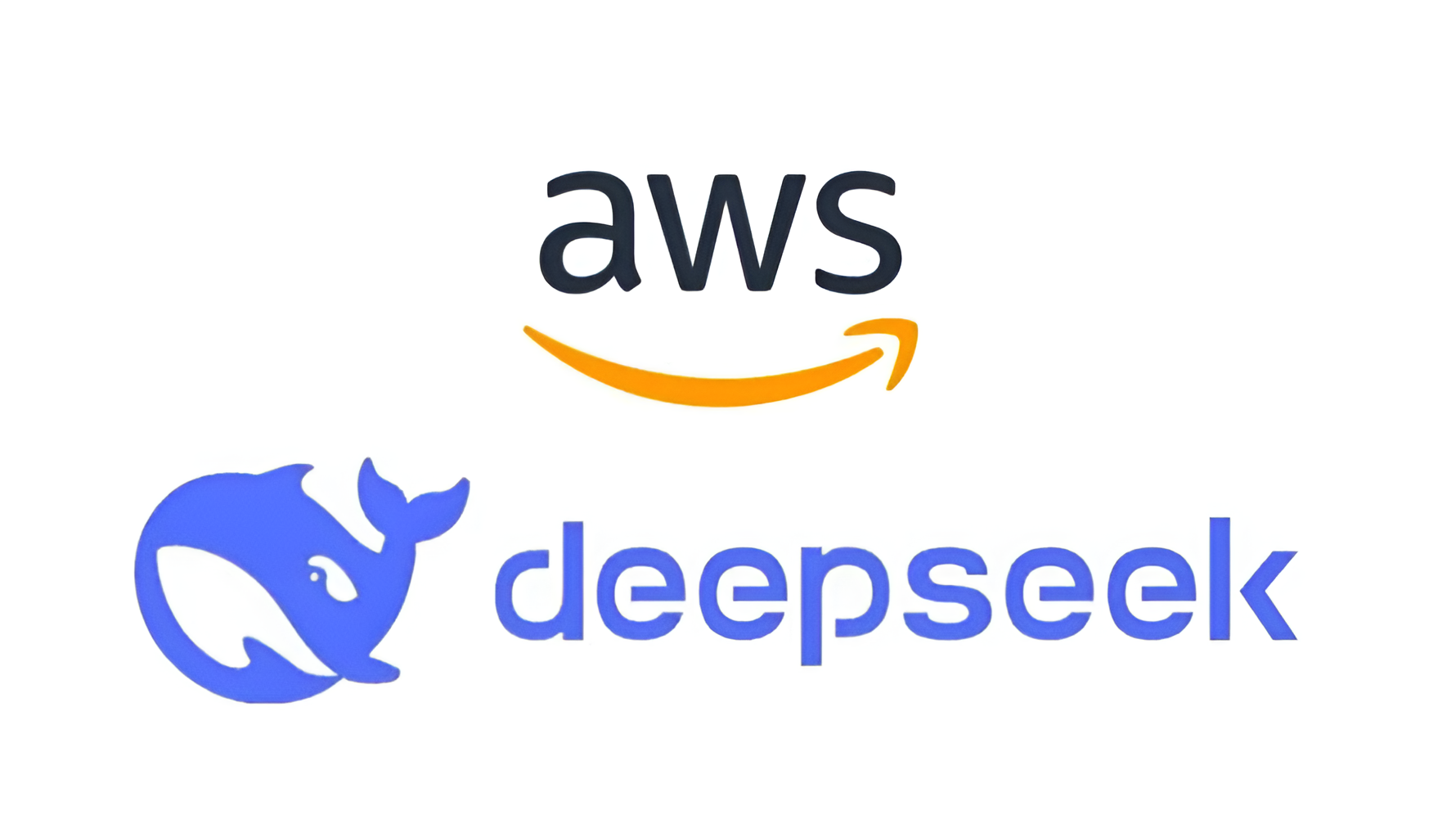
Discussion